Mcspiedoboston now shares with you the article UPDATE: Google’s New Recipe Search on our Food cooking blog.
- KatieQ Shares a Trick for Making Quick Preserved Lemons
- Get These Two Things Right & You Can Make Seafood Stew Any Way You Like
- Savory Oatmeal You Can Have Any Time of Day, Any Which Way
- The Most Useful Chicken Dish I Learned at Zuni Café Was for Staff Meal
- Quick-Soaked Oats Are Our New Weekday Breakfast Hero
Bạn Đang Xem: UPDATE: Google’s New Recipe Search
UPDATE to the UPDATE: Julia Moskin joins the debate in today’s New York Times story on recipe search engines.
UPDATE: 130+ thoughtful comments later, both David Lebovitz and one of the creators of Google’s recipe search have weighed in (see below in the comments).
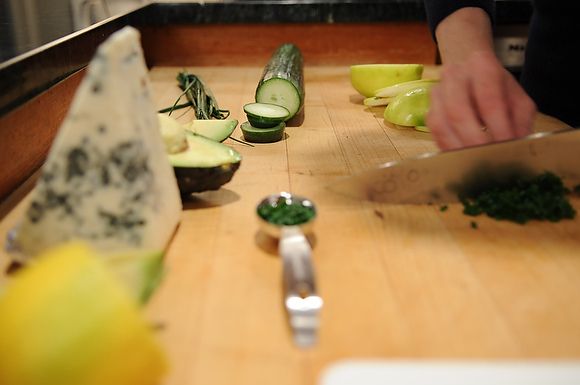
– Amanda
The entity with the greatest influence on what Americans cook is not Costco or Trader Joe’s. It’s not the Food Network or The New York Times. It’s Google. Every month about a billion of its searches are for recipes. The dishes that its search engine turns up, particularly those on the first page of results, have a huge impact on what Americans cook. Which is why, with a recent change in its recipe search, Google has, in effect, taken sides in the food war. Unfortunately, it’s taken the wrong one.
Xem Thêm : 10 Test Kitchen-Approved Cannabis Recipes
In late February, when Google announced that it was adding a new kind of search, specifically for recipes, it seemed like good news for a site like ours -– at last Google was shining its searchlight on content we deeply care about. But then came the bad news: once you get your new recipe results, you can refine the results in just 3 ways: by ingredient, by cooking time and by calories. While Google was just trying to improve its algorithm, thereby making the path to recipes easier and more efficient, it inadvertently stepped into the middle of the battle between the quick-and-easy faction and the cooking-matters group.
Before these new changes, Google recipe results favored sites with lots of content and good Search Engine Optimization (that is, those that organized their pages and chose their words with Google’s preferences in mind) – e.g. AllRecipes and Food. Now, recipe results favor these sites, but also those with lots of additional information, such as ratings, calories, cooking times, and photos.
Imagine the blogger who has excellent recipes but has to compete against companies with staff devoted entirely to S.E.O. And who now must go back and figure out the calorie counts of all of his recipes, and then add those numbers, along with other metadata. That’s not going to happen. So the chance that that blogger’s recipes will appear anywhere near the first page of results is vanishingly small. (See Craig Goldwyn’s piece on this in the Huffington Post.)
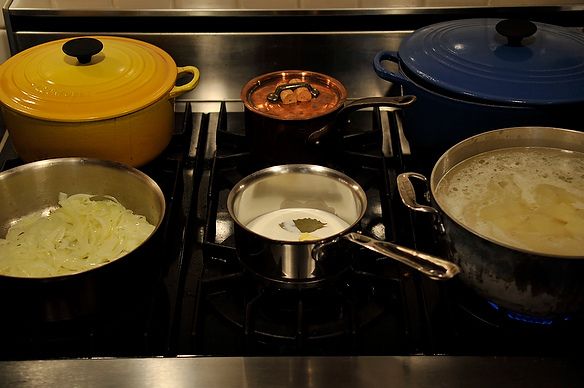
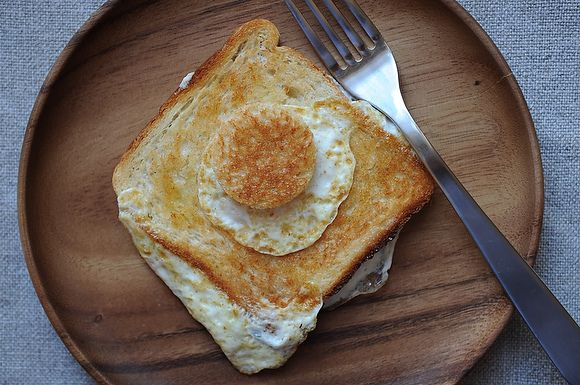
What this means is that Google’s search engine gives vast advantage to the largest recipe websites with the resources to input all this metadata, and particularly those who home in on “quick and easy” and low calorie dishes (which, by the way, doesn’t mean the recipes are actually healthy). In so doing, Google unwittingly — but damagingly — promotes a cooking culture focused on speed and diets.
Take, for instance, a recent search for “cassoulet.” The top search result is a recipe from Epicurious, one of the larger and better sites. But if you refine by time, your choices are “less than 15 min,” “less than 30 min,” or “less than 60 min.” There is no option for more than 60 minutes. In truth, a classic cassoulet takes at least 4 hours to make, if not several days (the Epicurious recipe takes 4 hours and 30 minutes; yet there in the results are recipes under each of these three time classes. One from Tablespoon goes so far as to claim to take just 1 minute. (It’s made with kidney beans, canned mushrooms, and beef, so it’s not long on authenticity.)
If you refine by calories, you can even find two cassoulets that are purportedly fewer than 100 calories per person: the Lamb Shank Cassoulet from Good To Know contains a full lamb shank and sausage link per serving, yet is supposed to weigh in at just 77 calories a serving. No such dish exists unless the serving size is a pinch.
Xem Thêm : Everyone Loves Their Air Fryer—But How Does it Actually Work?
For something more mundane like fried chicken, a refinement of “less than 15 min” takes you to a recipe on Food that claims the total prep and cooking time is six minutes, even though the recipe itself tells you to bake it for 1 hour. Even if you do find a recipe that accurately claims a fast cooking time, how will you know it’s a good recipe? Refining recipe search by time doesn’t result in better recipes rising to the top; rather, the new winners are recipes packaged for the American eating and cooking disorder.
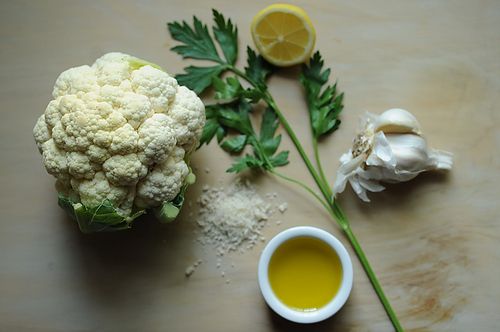
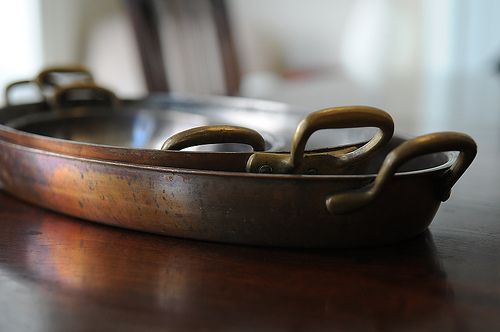
Google’s new approach is misguided even if sites don’t try to game it. What does cooking time really mean, anyway? If I’m braising lamb shanks in the oven for 2 hours and am able to do laundry or watch TV during that time, then is the cooking time 2 hours? Is that the same as the 2 hours I’d spend standing over the stove stirring strawberry jam? And what if I’m making something that’s not actually cooked, like a salad — is the cooking time the time it takes me to whisk the dressing and mix the salad?
What happens when you must marinate a dish for 24 hours? Do you count that as prep time or cooking time? If you have a food blog or website, won’t you be afraid to tally up the 3 days it took to make your shortribs dish? Because if you do, your recipe most certainly won’t appear in the refined recipe results. And even if Google does miraculously find your recipe, your audience might be scared off by the putatively huge cooking time. Whereas, if they just read the recipe, rather than the “duration” time, they might grasp that it’s not much work at all but must be distributed over a few days to allow the flavors to develop.
The tradition of prep times began creeping into our cooking culture about 30 years ago with the rise of quick-cooking columns. They’ve long acted more as a marketing tool than as helpful information. The proliferation of cooking times has not only put pressure on writers to fudge times, but has encouraged editors to stop running recipes that take longer than an hour. Lost in the rankings will be such slow-build classics as paella and layer cakes.
Google must surely know that recipes are anything but precise formulas: they’re descriptive guides, and quality cannot be quantified in calories or time. The search engine’s real opportunity lies in understanding the metrics that actually reflect great quality. A very simple place to start is by tracking the number of comments relative to pageviews, the number of Facebook likes a recipe has garnered, or how often a recipe has been shared. A recipe with 74 comments is almost certainly better than one that takes 8 minutes to make. (And at some point, Google should create its own system for calculating calories.)
I’m glad Google put effort into improving its recipe search, but their solution feels robotic rather than thoughtful. If they don’t change their current approach, I fear to contemplate the future of American cooking. As it stands, Google’s recipe search gives undue advantage to the “quick & easy” recipe sites, encourages dishonesty, and sets up people to be dissuaded from cooking, as they will soon learn that recipes always end up taking more time than they expected. Alas, the search algorithm fundamentally misunderstands what recipe searchers are really looking for: great recipes.
Nguồn: https://mcspiedoboston.com
Danh mục: Food
Related Posts:
- Google's 10 Most Searched Foods in 2018
- The Most Popular Drink Trends, According to Google
- The Earliest We Can Expect an Avocado Emoji is 2016
- The Most Popular Kitchen Gadget in Every State, According to…
- The Thai Dish at the Center of Today’s Google Doodle
- What Google Can’t Tell Us About "the Best" Philly Cheese…
